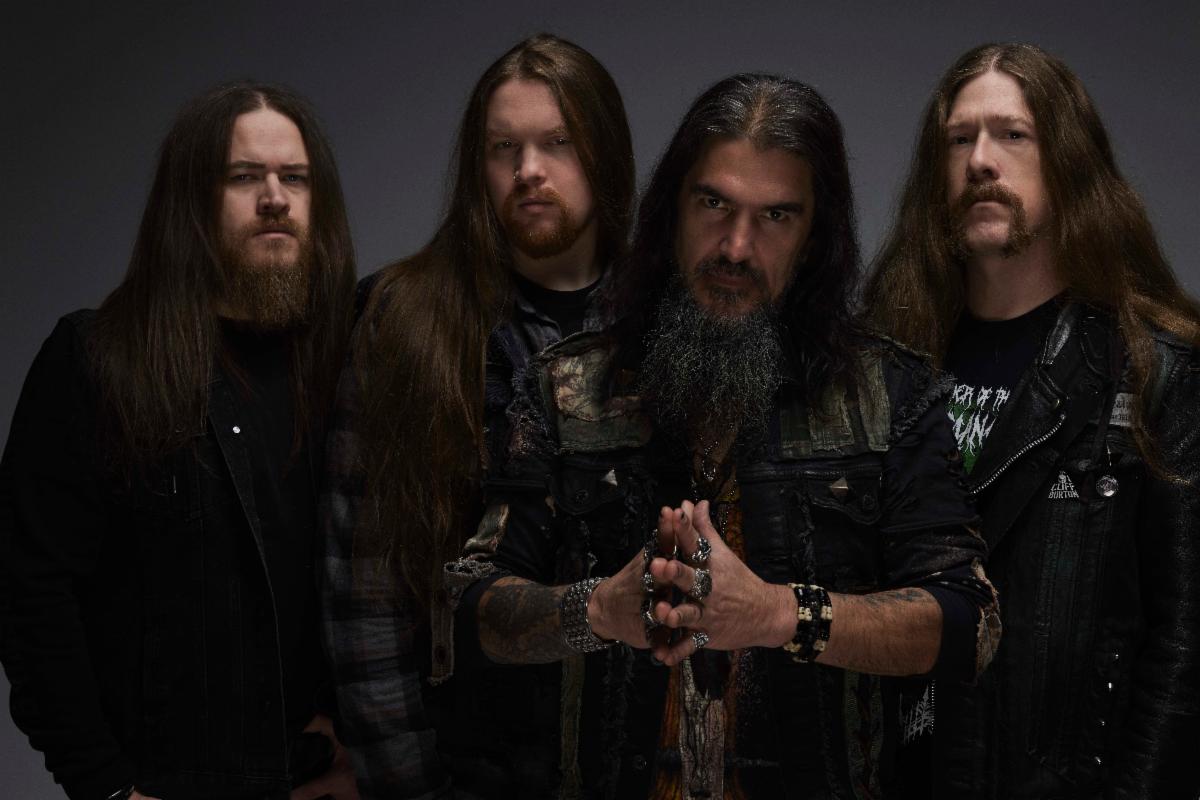Dimmu Borgir did more than most bands to bring symphonic grandeur to black metal in the late 1990s. By the time of 2007’s In Sorte Diaboli they were still pushing boundaries, as Metal Hammer found out when we sat down with guitarist Silenoz to talk concept albums, success and Satanism.

One of the best ways to ensure that your career in music is a long and fruitful one is to keep your audience guessing. A total disregard for rules, regulations and received wisdom will probably come in handy too. If you’re not prepared to take risks and flick the occasional middle finger in the direction of the establishment, then you’re not really treading the path of true rock‘n’roll anyway, and no one likes a faker.
For Norwegian black metal bands, however, it’s never quite that simple. Thanks to a turbulent and controversial but creatively illustrious history and the rabid devotion that it has inspired in a generation of black-hearted listeners, the genre’s major players are constantly forced to negotiate the tricky tightrope that bridges the gulf between underground acceptance and success on a broader scale. If they stray too far towards the mainstream they will be crucified for selling out. If they fail to take the opportunities that come their way, they will forfeit any chance they may have had to take their music to a bigger (and currently growing) horde of potential acolytes.
More than any of the bands that emerged from Norway during the early 90s, Dimmu Borgir have taken on the puritanical critics, made no apologies for their ambitions and skilfully juggled their cherished integrity and prized credibility while still looking and sounding like bona fide rock stars. For long-time fans it has, at times, been a breathtaking, nail-biting thing to watch.
And now it’s 2007. Dimmu Borgir are the best selling Norwegian metal band by some considerable distance. They are poised on the brink of a level of success that no one would ever have thought possible a decade ago. After surviving a summer’s worth of Ozzfest shows back in 2004 and picking up a Norwegian Grammy shortly after, the band formed by vocalist Stian ‘Shagrath’ Thoresen and guitarist Sven Atle ‘Silenoz’ Kopperud back in 1993 have every reason to be happy with their lot.
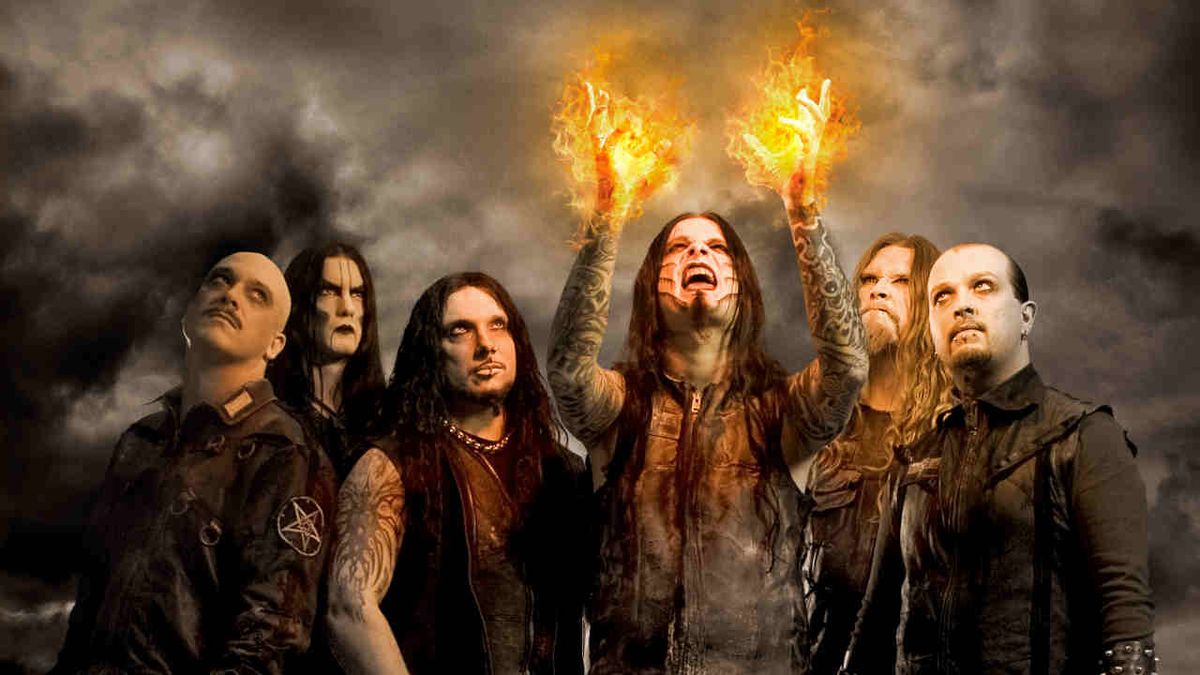
But take a listen to their new album, In Sorte Diaboli, and you’ll hear the sound of a band who are still determined to push themselves and their fans. A conceptual piece that takes on religion and subjects it to a brutal but poetic roasting, it’s probably not what many people would expect Dimmu Borgir to be doing when huge commercial success is mere inches away. Neither does it exhibit the slightest hint of creative compromise.
Sonically vast, unrelenting in its intensity and aggression and yet disarmingly melodic, In Sorte Diaboli seems destined to confound and delight the faithful in equal measures. But, as Silenoz explains, such a bold move was no calculated attempt to ruffle feathers. It just kind of, you know, happened…
“The idea to do a concept album came about after we did Ozzfest in 2004,” he states. “We were going to have some kind of a break, but I can’t really sit still! (laughs) I have to be occupied with something, so I approached the other guys to see if they were up for writing some stuff that was different from our other albums. They thought it was a cool idea, so I started to write down some ideas and it took more and more shape over time. It wasn’t anything specific that I had in mind at first but it started to develop into a very personal thing.”
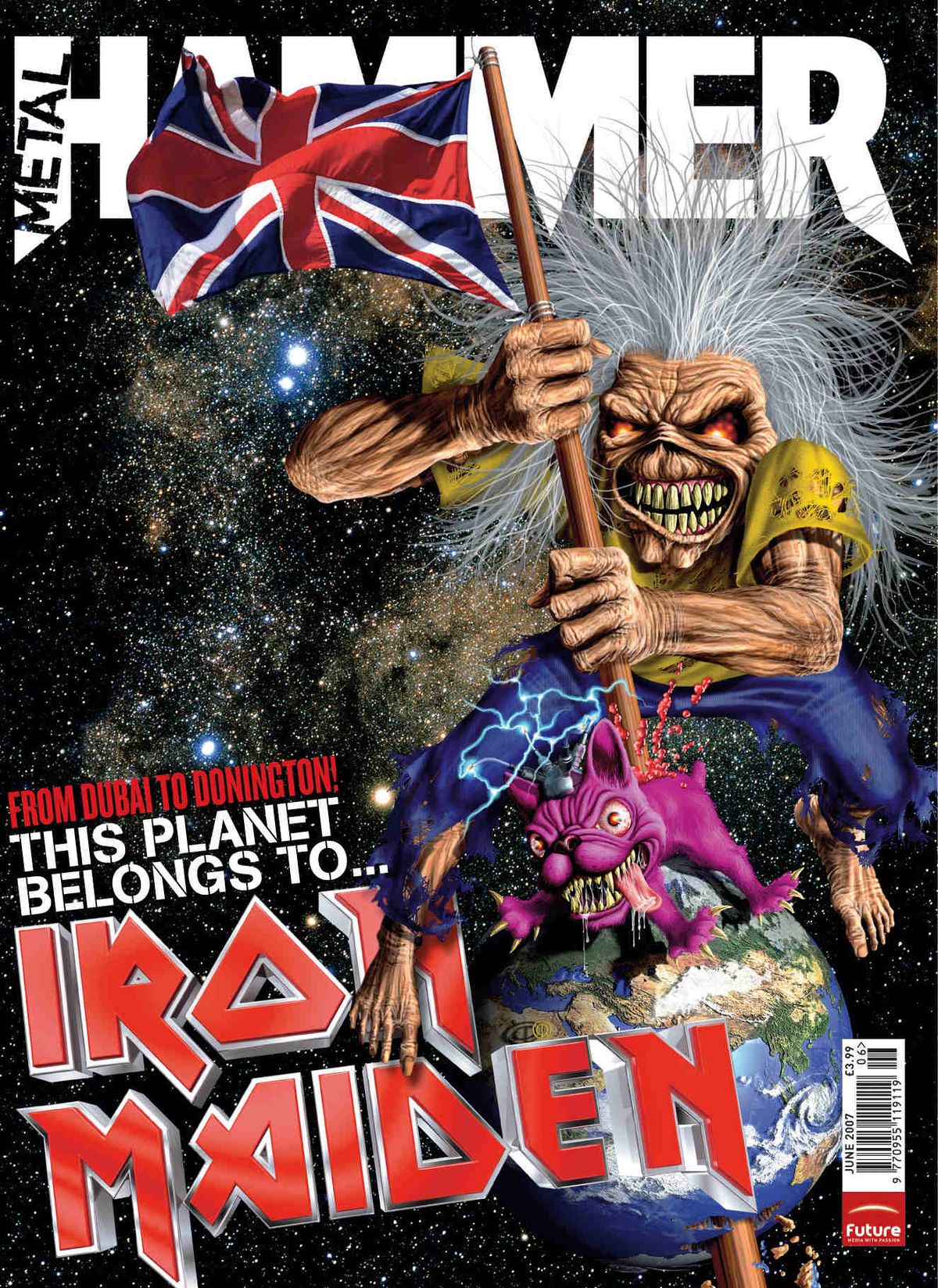
Concept albums are notoriously tricky things to get right. An endeavour often associated with the freakish self-indulgence of the 70s progressive rock scene, the notion of setting a stand-alone story to music has brought many careers to an abrupt end and caused many a critic to spit teeth. Somehow, though, Dimmu Borgir have pulled it off with something approaching casual disdain. Succinct, convincing and gripping from first moment to last, In Sorte Diaboli is simply the best thing the Norwegians have ever done.
“I was surprised how easy it actually was compared to what I expected,” laughs Silenoz. “When I first thought about a concept album I knew it wouldn’t be anything like [Queensryche’s 1988 concept album] Operation: Mindcrime, and it would be closer to the kind of thing King Diamond does. I guess it’s not as grand as people might expect it to be, with 12 minute songs and interludes and all that shit. How we made the music for this album is the same as we always do it, but it was a more spontaneous effort this time. We pretty much went back to how we made our first album. We to the practice room and started jamming.”

It would have been fascinating to be a fly on the wall at those practice sessions. Far from sounding like a load of hastily cobbled together ideas and musical fragments, In Sorte Diaboli is an album of great songs; something Dimmu Borgir have narrowly failed to accomplish in the past, despite the undeniable quality of much of their catalogue. And, as ever, the album sounds absolutely immense; a dazzling onslaught of Wagnerian bombast and gleaming metallic futurism, it’s the sound of class and talent colliding with cutting edge hardware. Let’s be brutally honest: it sounds expensive.
“We always want each album to sound better than the last one,” says Silenoz. “That’s really important. I guess they’re a little expensive to make, but I know there’s many other albums out there that cost 10 times as much. We’re just perfectionists!”
And so we come to the nitty gritty of In Sorte Diaboli. As concept albums go, it’s a distinctly flab-free and cohesive experience. It also boasts the most direct set of lyrics that Silenoz has ever written. Rather than take the traditional approach of basing the album on some revered literary work, the guitarist started from scratch and devised a compelling tale that perfectly suits Dimmu Borgir’s menacing aesthetics.
“The story is based in medieval times, and the theme focuses around this fictional character that I created,” he explains. “After years spent in priesthood in search of God, over the course of a few weeks he goes through a revelation and transforms spiritually and becomes what people believe to be the opposite of God, the Antichrist or whatever. The lyrics are his diaries, from his perspective, and describing his struggle to personal and spiritual victory and finally, his ultimate rejection of the concept of god and religion.”

What Silenoz fails to mention is that at the end of the album – and sincere apologies to anyone who wanted the ending to remain a surprise – the story’s central character ends up being burned to death for his irreligious behaviour. In many ways, this is not the most surprising thing for a black metal band to be writing about, but far from being a symptom of rebellious petulance and a desire to upset a few Christians, there is a genuine depth and power behind In Sorte Diaboli that stems from Silenoz’s own beliefs.
“Symbolically, it’s very close to the story of how Lucifer was cast out of heaven,” he states. “He was different from all the other angels and so he was a threat to society, because he was intelligent and smart and beautiful. Things that are unknown to people are always seen as dangerous. Even though I put the story in medieval times, it might as well be set in the present day or the future, because it’s still describing things that could happen at any time.”
Ambivalence towards religion is nothing new in metal, of course, but there are precious few bands whose contempt for Christianity – or any faith, for that matter – can be backed up by first hand experience. Perhaps unexpectedly, Silenoz’s dislike for religion was born when he was a young boy and attended, of all things, Sunday School.
“We used to have these cards and we would be given stars every time we met up,” he says. “I didn’t have as many stars as the other kids, and I just got the feeling that I wasn’t as good as the other kids because of that. Right then, I felt there was something bogus about the religious issue. I didn’t have a religious upbringing at all, so Sunday School was nothing that I was forced to do. I just wanted to interact with other kids the same age. It’s something you have to do when you grow up in the country, in the Norwegian bible belt. I guess you could say that I have to thank those people for the success of our band!”
So what exactly does Silenoz believe? Although Dimmu Borgir are frequent and enthusiastic users of S atanic imagery, they have never declared themselves to be out-and-out Satanists and, up until now, Silenoz’s lyrics have never strayed outside the realms of the cryptic. Does he believe in God or Satan?
“I really don’t want to put any labels on what I believe,” he shrugs. “I guess you could say that I don’t even consider myself to be an atheist. I base that on my own experiences both in the spiritual and physical world. It wouldn’t really be right to call myself an atheist. I guess I’m an agnostic person but in a very irreligious way!”
You don’t have to look further than the front page of a newspaper to see how religion impacts on the lives of people all over this planet. Dimmu Borgir may well be preaching to the converted, but as Silenoz ponders his own feelings about spirituality, morality and life’s big questions and expounds upon his conclusions for our entertainment, it’s plain that the days when black metal bands would shout mindlessly about Satan and hating the world, with little more than juvenile disenchantment to back it up, are long gone.
In Sorte Diaboli is a simple enough tale, but if it encourages a few metalheads to think, then it may prove to be a more important record than its creators ever intended. Failing that, we could just buy one of their new t-shirts, which come emblazoned with the slogan ‘Religion sickens me’, and upset a few God-fearing grannies just for the hell of it…
“These issues are difficult for people to talk about sometimes,” muses Silenoz. “So it’s cool for kids to be able to wear that shirt and take a stand! Religion never accepts the balance that exists in a human being. For me, religion was always just a one-way street. That’s always going to cause conflicts. Just look at the Middle East or anywhere else in the world. It’s all based on religious differences and nothing good has come out of it. It’s a never-ending topic, basically.”

Ironically, considering their fiercely anti-religious stance, Dimmu Borgir do seem to be blessed. While many of their peers are vilified for their ambition, Silenoz and his fellow misanthropes seem largely impervious to such slings and arrows. Maybe it’s because the real point of black metal has always been to follow a path of one’s own choosing and Dimmu Borgir are doing precisely that; proving that being “true” is about upholding your own principles and not giving a flying fuck what anyone else thinks. From Sunday School to ‘In Sorte Diaboli’: it’s been one hell of a trip so far, and it ain’t over yet. The dark side of the force is strong in these Nordic warriors. Who knows what they might achieve next?
“The way I see it is that what we do can never be truly mainstream,” concludes Silenoz. “Yeah, we sell a lot of albums, but look at Maiden, Slayer and Priest. They sell a lot of albums too, but none of them are getting played on mainstream TV and radio. Metal is genuine and has soul and it’s not designed to sell a lot of albums or make a lot of magazine covers. We’ve come far enough now that we’re able to make a living from doing this, and that’s an accomplishment in itself, but you never know what the future holds. Let’s just see how far the ride takes us.”
Originally published in Metal Hammer 166, May 2007
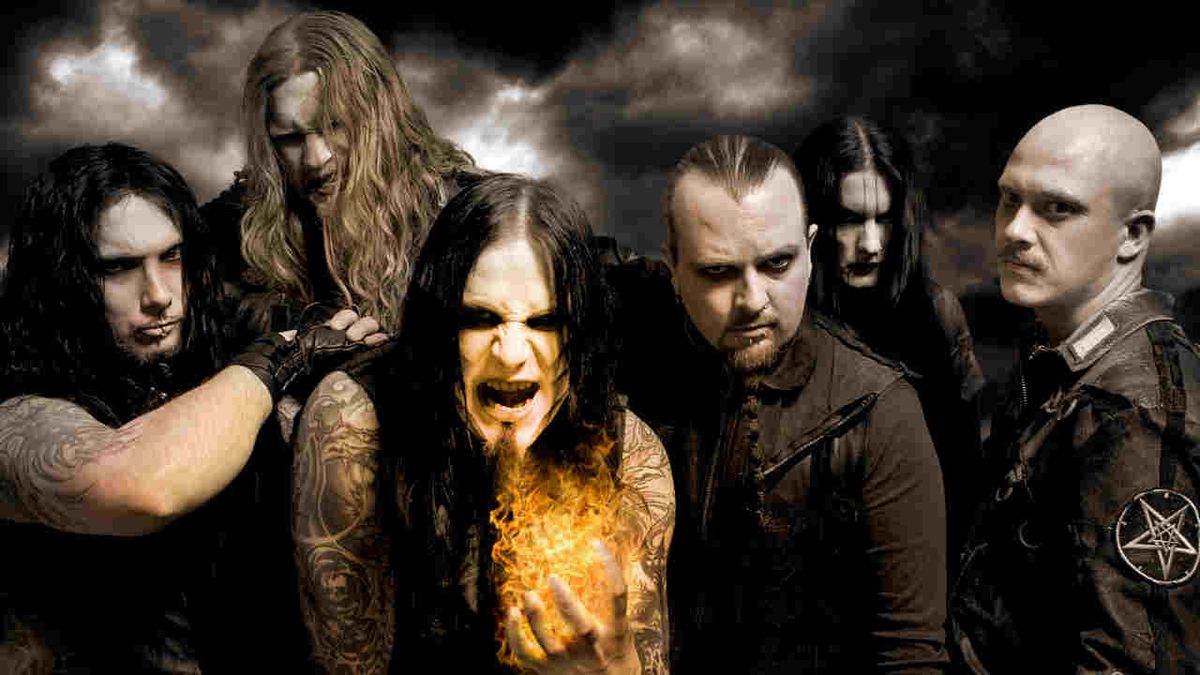







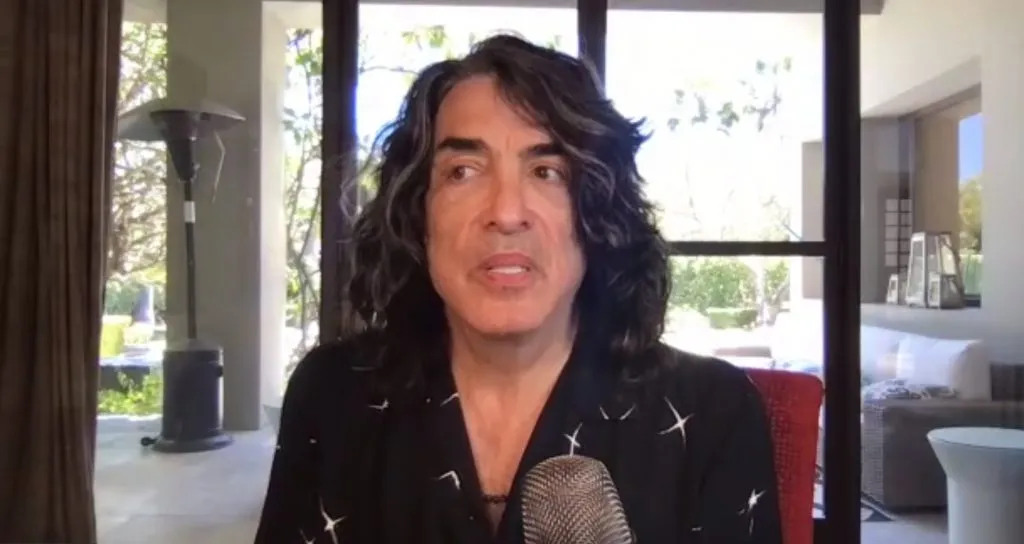





![Jinjer Bassist Laments How “[Musicians Are] at the Very Bottom” of Receiving Tour Profits Jinjer Bassist Laments How “[Musicians Are] at the Very Bottom” of Receiving Tour Profits](https://cdn-p.smehost.net/sites/2ed48fdcc3904f548299cd86d78e9885/wp-content/uploads/2025/02/15.-Jinjer-4795-resize.jpg)



